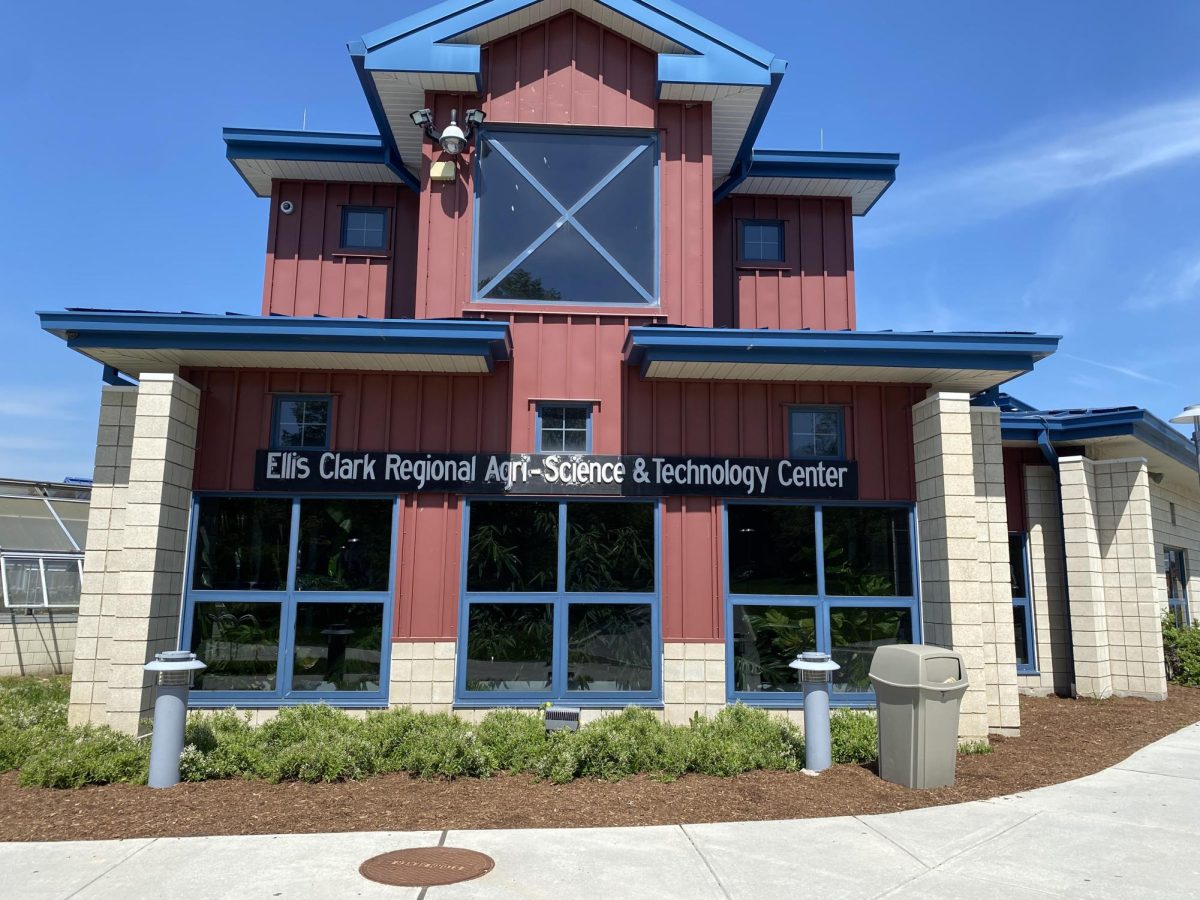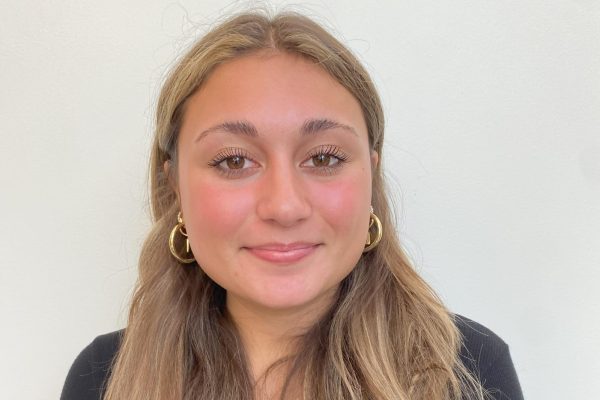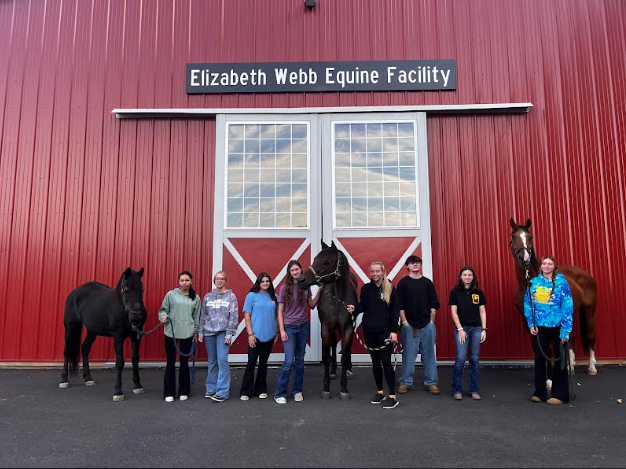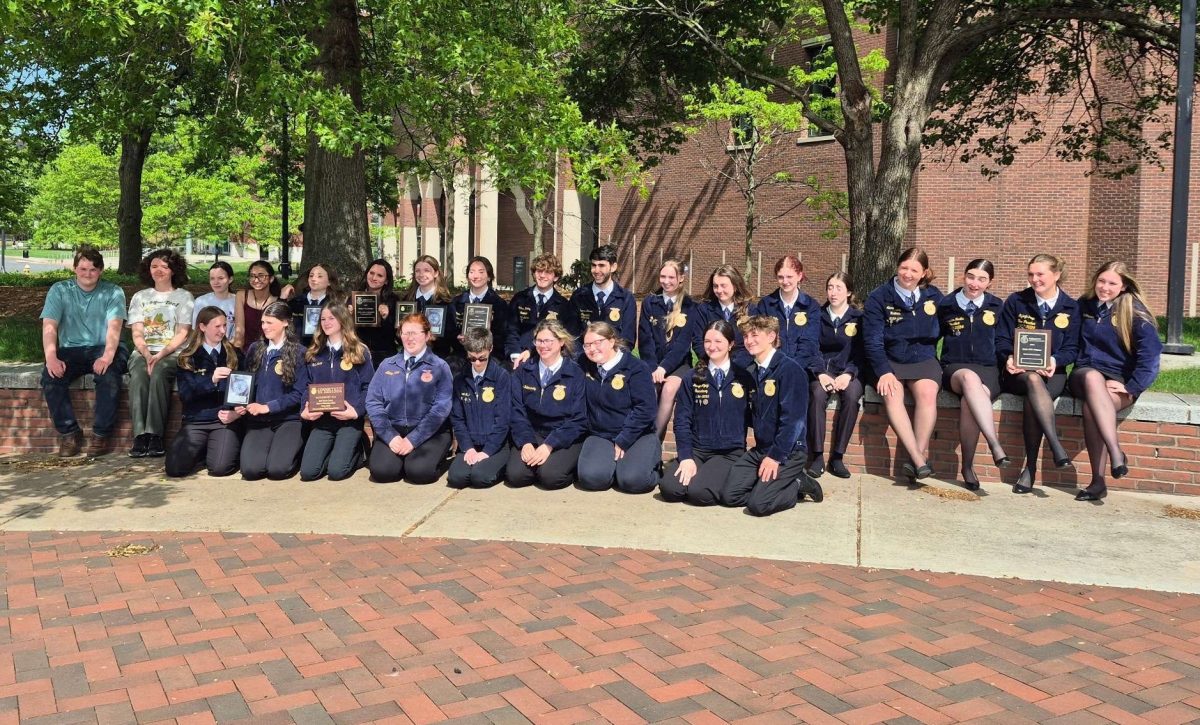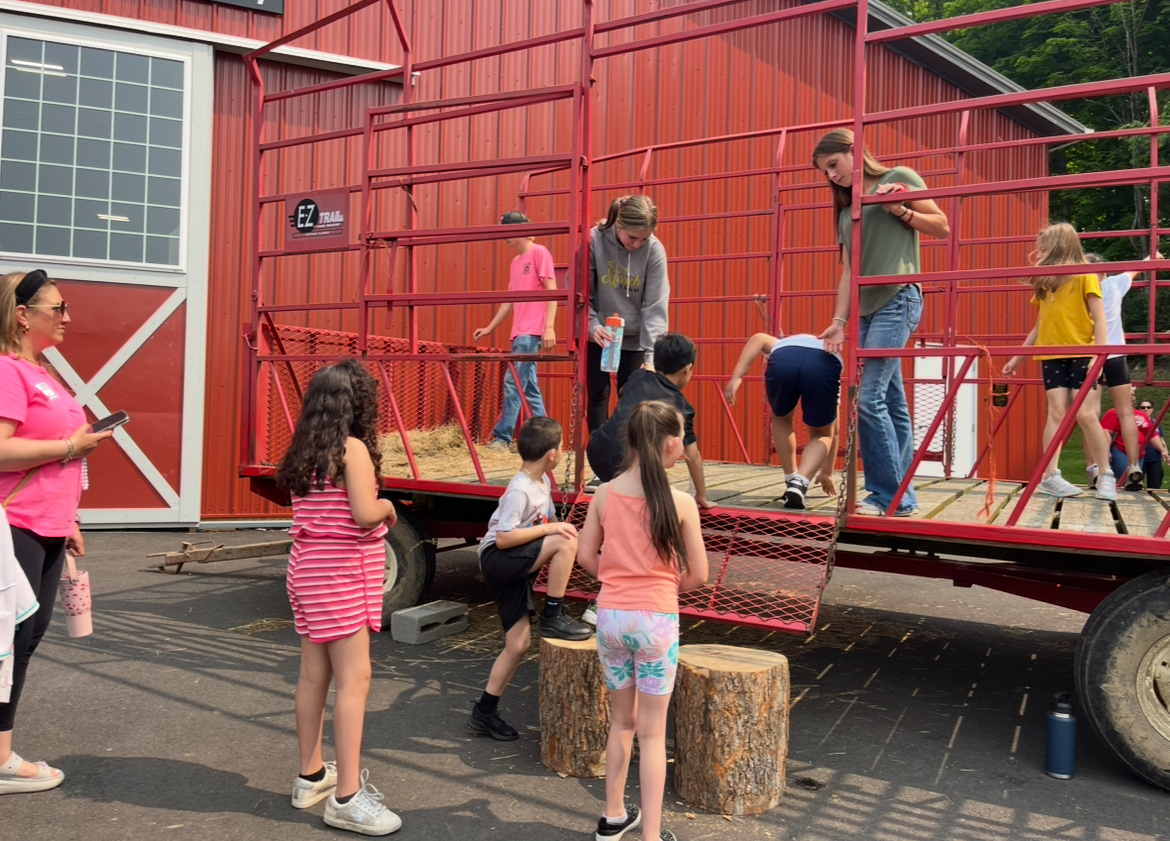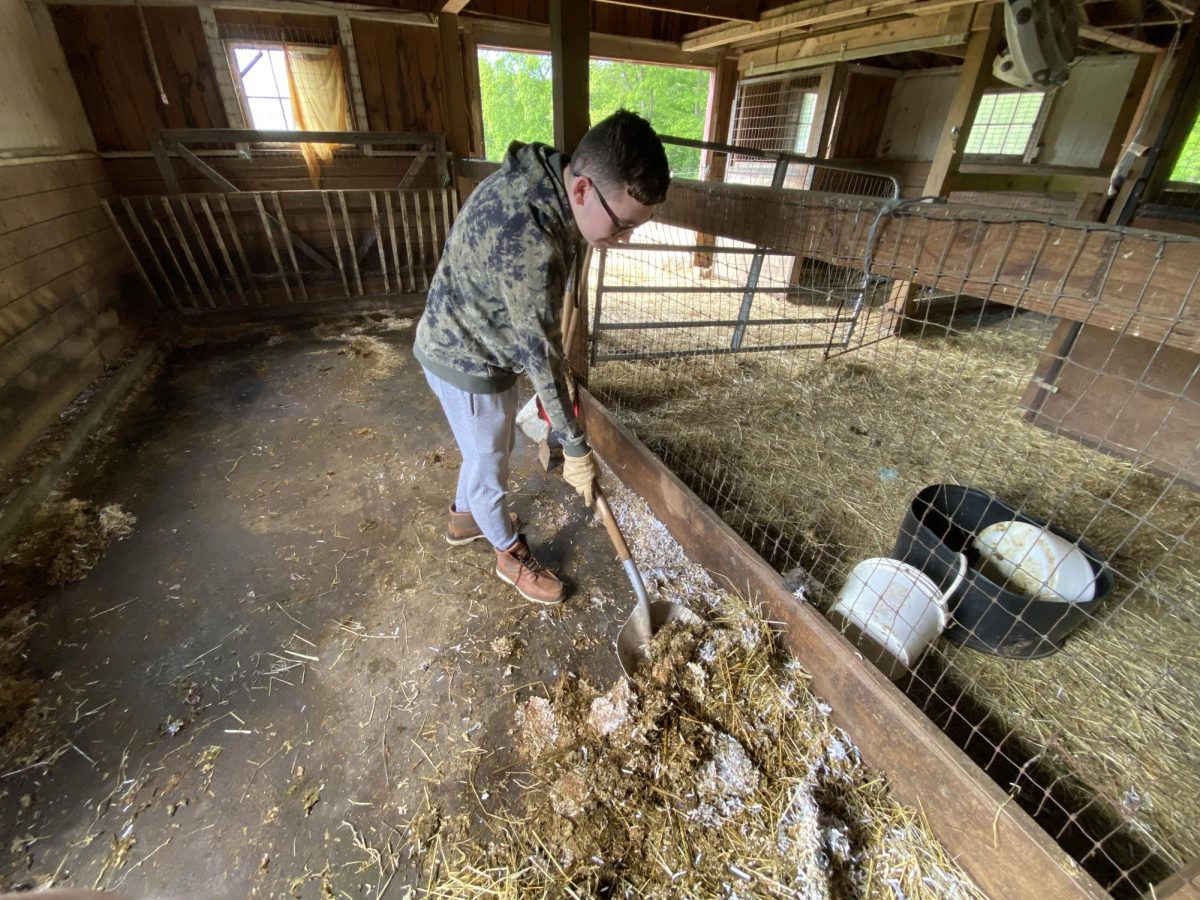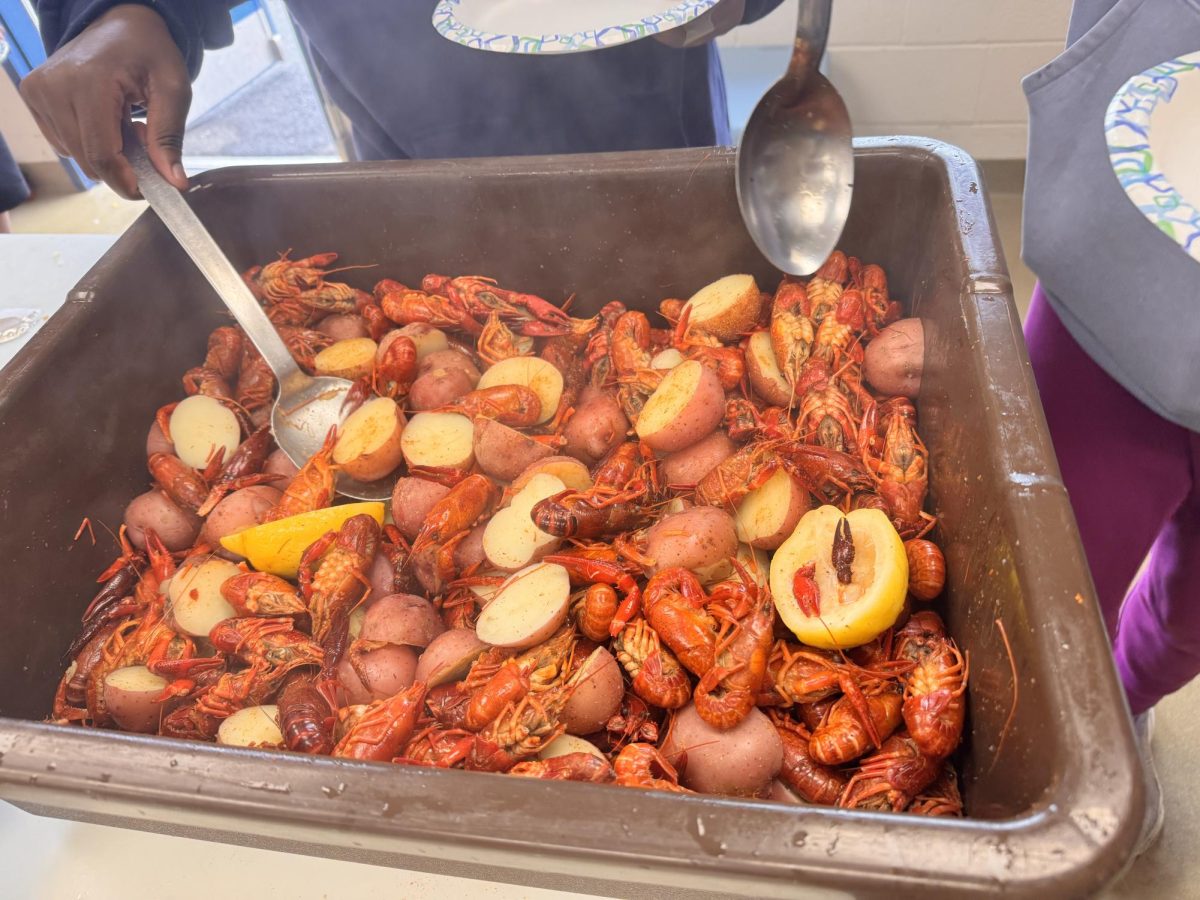WOODBURY — A challenge many schools face is navigating population bubbles and how to adequately hire staff to reflect population changes. At Nonnewaug High School, next year’s ninth-grade class will present exactly this scenario: The graduating class of 2028 will see its enrollment swell to one of campus’ largest groups in years.
For students applying to NHS’ Ellis Clark Regional Agriscience Program, the acceptance into Nonnewaug agriscience has grown to welcome 95 students next year.
“Every in-district student who wants to participate in the program is guaranteed a seat,” said NHS assistant principal Nicole Lewis. “We had a higher than usual interest from the eighth-grade students in the district.”
Interest in agriscience among Woodbury and Bethlehem students often means a population boom for NHS’ program, but this interest paired with a large number of applicants spells a larger than usual overall incoming population.
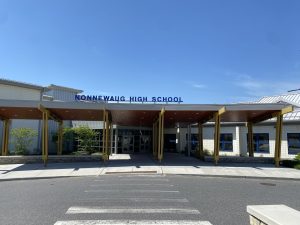
“That in itself took up a lot of seats, and then we had a very deep, highly qualified applicant pool from out of district that we didn’t want to turn away,” Lewis said.
The increasing numbers are calling for more help around the ag building. The NHS agriscience program recently hired a new teacher to help fit the incoming class.
“Along with that increase, we needed to hire a 10th teacher to accommodate those numbers,” said Lee McMillan, director of the Ellis Clark Regional Agriscience Program. “In January, we officially hired Ms. Gillian Blood, who is a former graduate of our program. She will begin her official role as an agriculture teacher on July 1.”
Although there’s an increase in the student population, the class rotations are not deeply affected and students will still get all the hands-on fun learning activities.
“This increase doesn’t affect our program substantially,” McMillian said. “We will have six freshmen rotational classes with roughly an average of 16 freshmen students per class.”
For the Nonnewaug agriscience program, this is not an unfamiliar challenge. The class of 2026 is familiar with these large numbers.
“Our current sophomore class is what we are mostly concerned about,” said McMillian. “The current sophomore class currently has 118 students, a roughly 31% increase in a normal class population.”
With such a large number of student acceptances, some course offerings may not be available. For NHS agriscience, this is a challenge that faculty are prepared to confront.
“The enlarged sophomore class is a problem because our current junior/senior ag class has 136 students, but next year’s junior/senior ag class will jump to 194 students,” said McMillan. “This will mean we will need to add more sections to help spread the number of students. This will mean that agriculture teachers will be teaching two sections of the same class twice a day; because of this, that means we will not be able to offer elective classes, such as Animal Assisted Therapy and Ag Business, until the current sophomore class graduates.”
The large incoming freshman class will impact current students and their course selection for future years.
“I was really looking forward to Animal Assisted Therapy,” said NHS rising sophomore Charlotte Gowell, who is experiencing the unique challenges that come with limited course availability. “I have a friend who is a junior who took the class in the previous year and she told me it was a good class to take, so I was really excited to fit that into my schedule, and when I couldn’t, I was really disappointed.”
With Nonnewaug’s tradition of agricultural success comes increased demand into the program. Meeting this demand is something NHS faculty will work hard to address.
“The agriscience program at Nonnewaug High School is one of the most successful programs in the state,” McMillan said when addressing the highly competitive nature of the nationally recognized program. “There are currently 20 programs in Connecticut, and therefore it is highly sought after by prospective students.”



